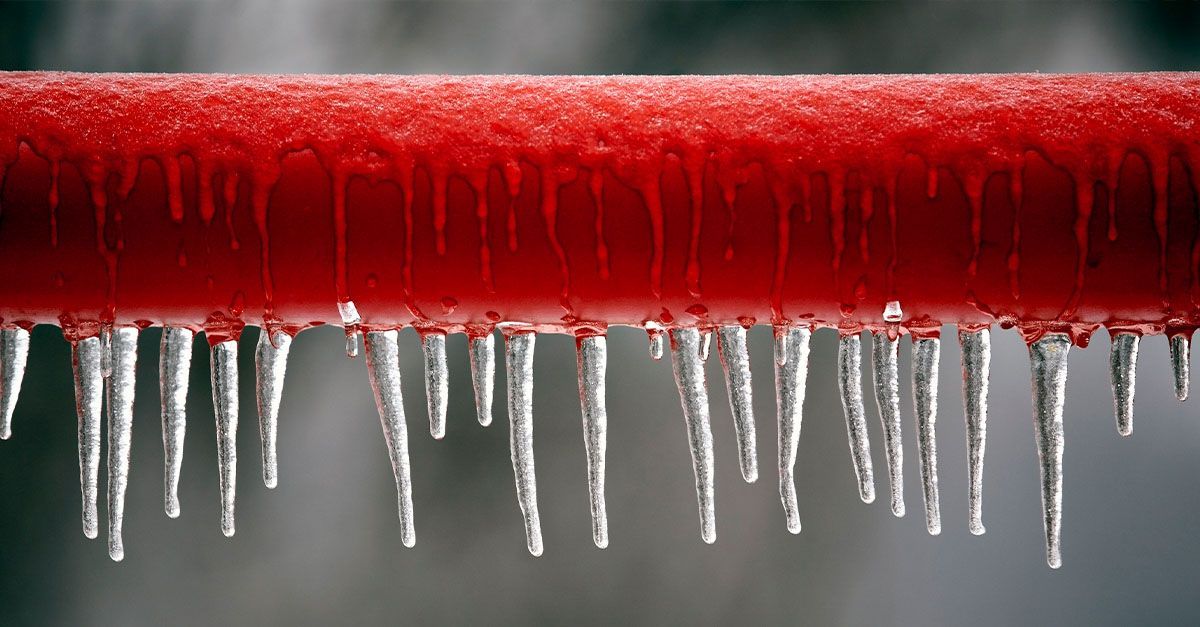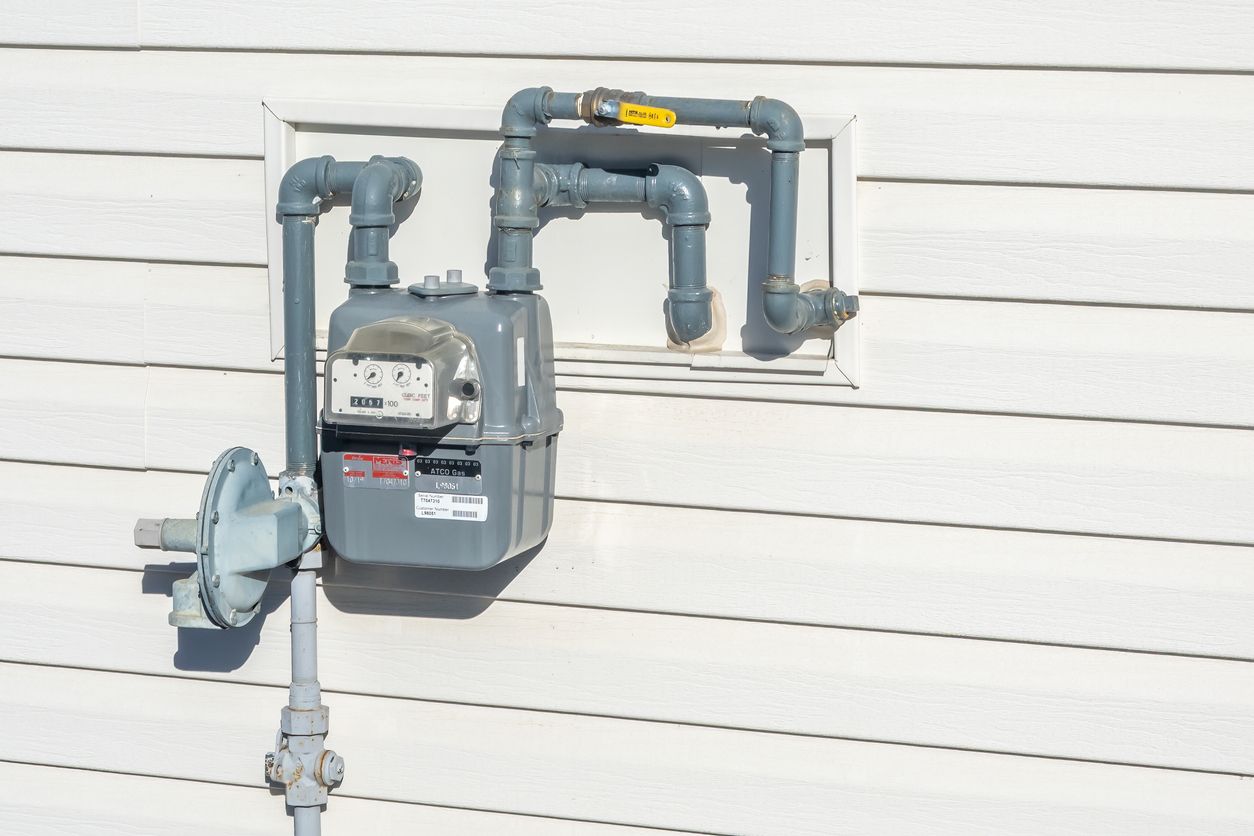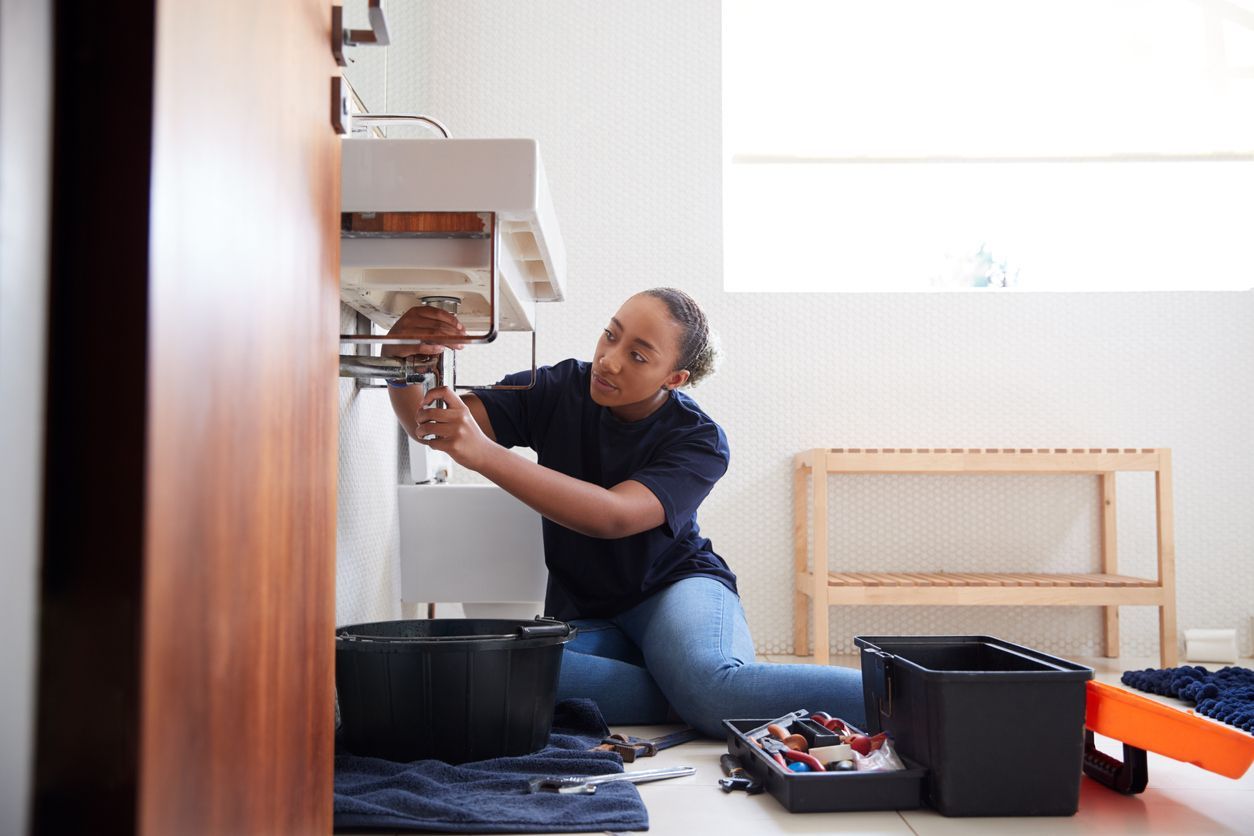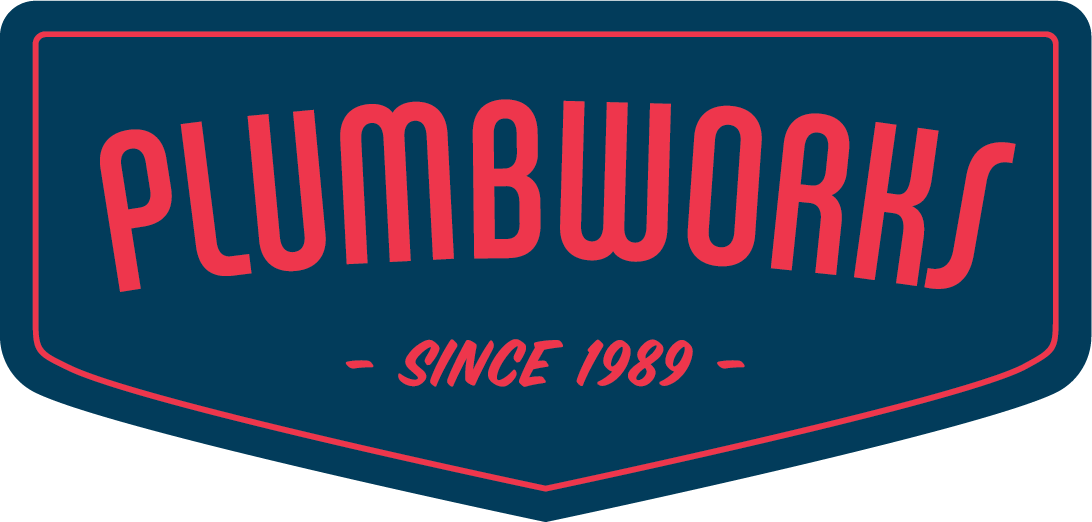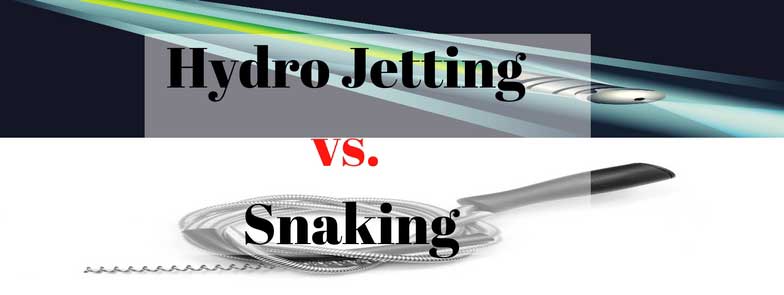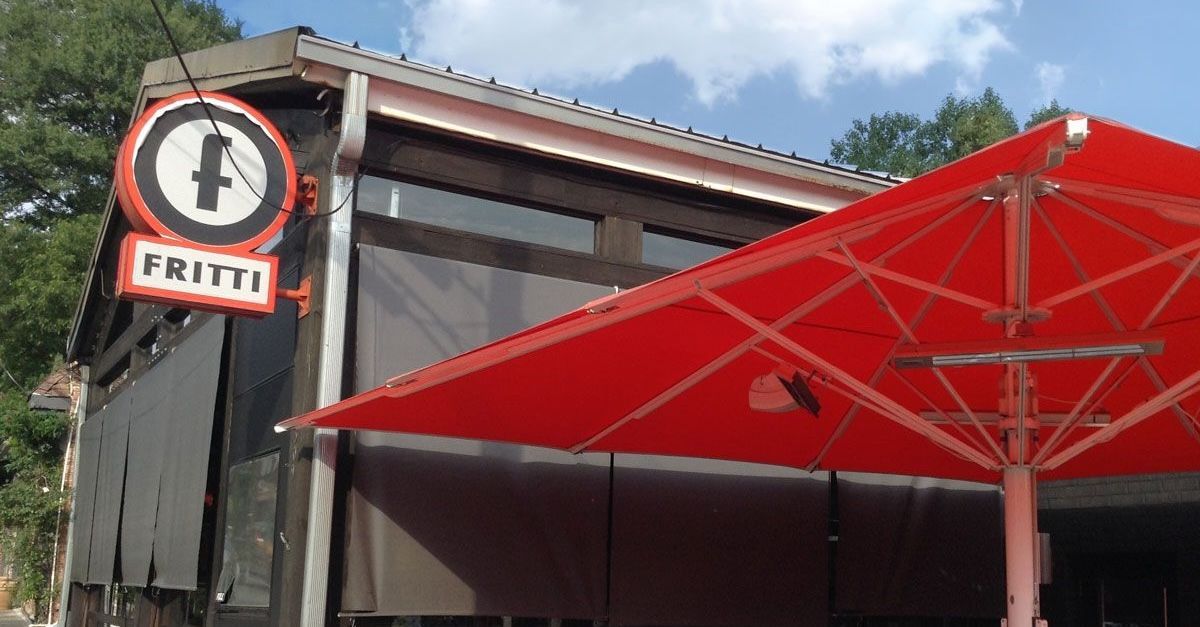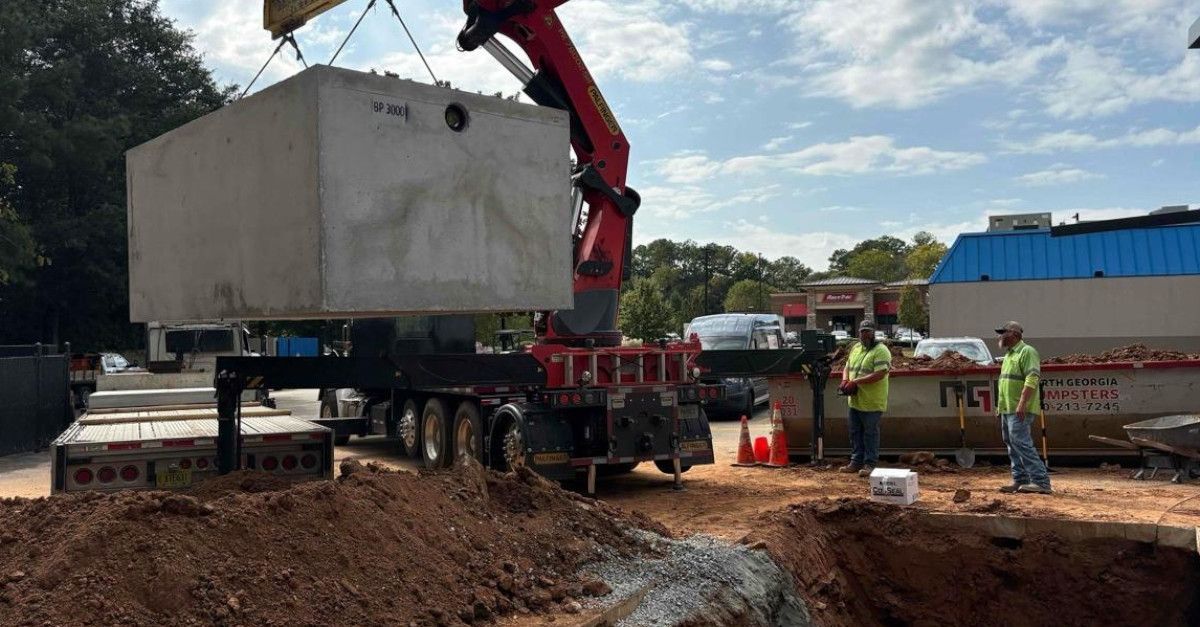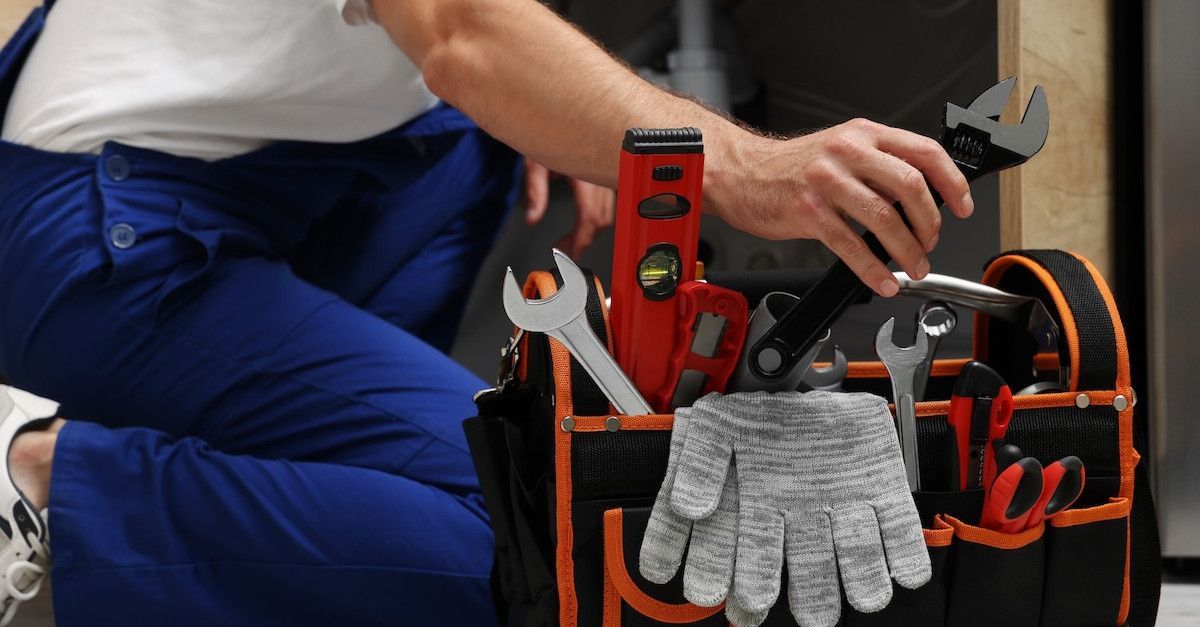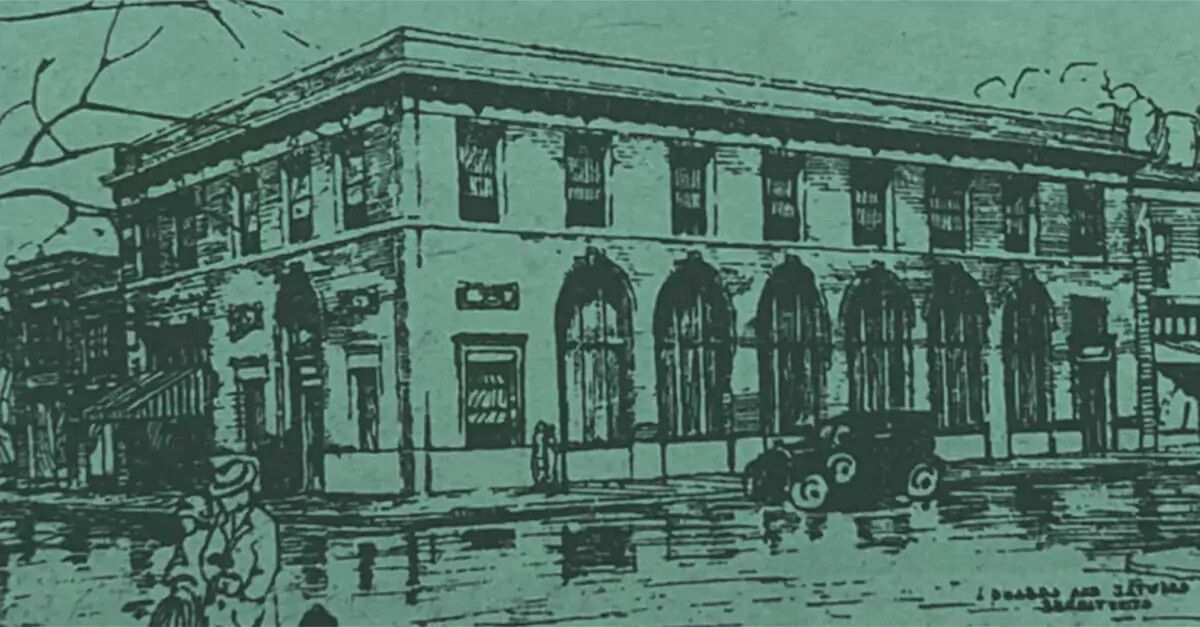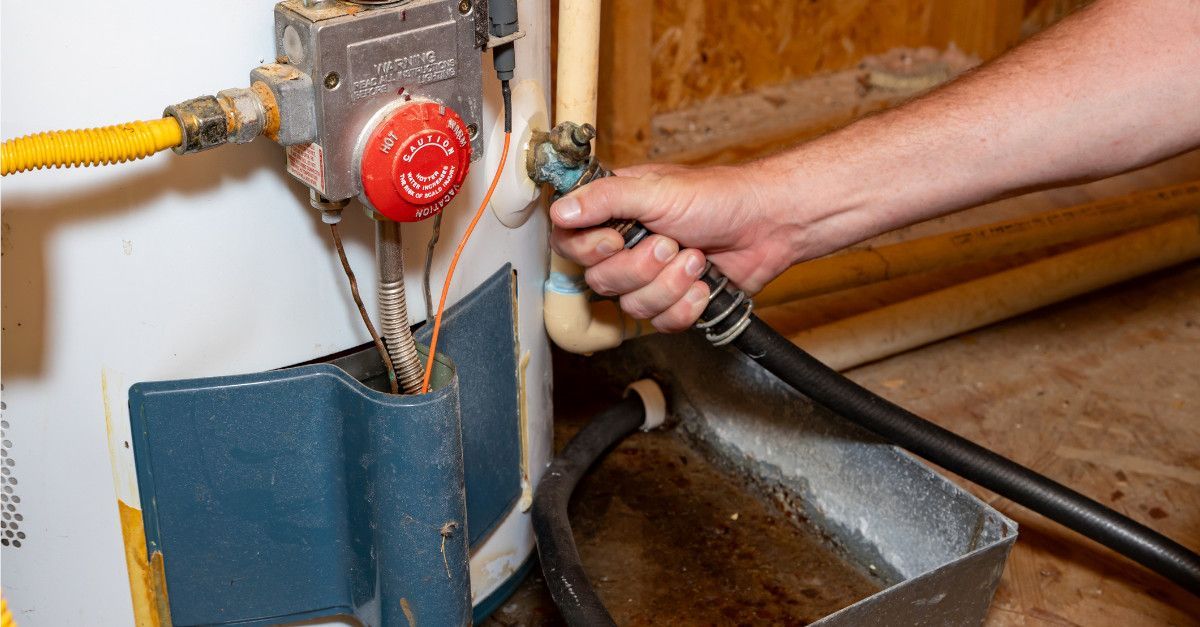Hydro Jetting vs. Snaking to Clear Those Stubborn Clogs
One of the most common questions we get asked by homeowners is what the difference is between hydrojetting and snaking. Upon first glance, these two drain cleaning services provide similar results. However, they are entirely different.
Let’s take a look at the major differences between the two to give you a better idea when to ask for hydro jetting and when to call for snaking:
Hydro Jetting Uses Water to Clear the Pipes
Like the name implies, hydro jetting involved a high-pressure water jet to blast through stubborn clogs and hardened debris in your pipes. This service is fast, efficient and safe.
Hydro jetting also helps to smooth the inner texture of the pipe, which prevents future clogs from attaching to the pipe walls. Because of this, hydro jetting is an excellent service to invest in for recurring clogs and stubborn blockages that regular snaking can’t handle.
Is it Safe to Try Hydro Jetting on My Own?
Many homeowners also ask us about DIY hydro jetting. We firmly discourage this because of the intense nature of the service. It doesn’t take much to realize you’ve made a mistake when you try hydro jetting on your own.
There are many instances where pipes are already damaged or corroded from the use of chemical drain cleaners or simply wearing out over time. We do not recommend attempting hydro jetting on these types of pipes because the intense pressure could further damage or rupture the pipe.
Before we begin the service, our experienced technicians will look at your pipes and ensure they are in good condition and can handle hydro jetting.
What is Snaking?
There are several important aspects of snaking the drain that make it a safe and efficient means to clean debris and remove clogs:
- The snaking device consists of a flexible cable with a crank on one end and rotating blades on the other end.
- The end with the auger-like blades is inserted into the drain by a professional technician.
- As the cable is fed through the drain, the technician will feel for resistance against the cable.
- Resistance indicates a clog. At this point, the technician will begin to crank his end of the cable, which causes the auger to rotate.
- The blades chew up the clog and either allow the smaller debris to wash through the system or get pulled out with the cable once it’s removed.
When is Snaking the Best Option?
Snaking is the first line of defense against clogged drains. It’s often the first thing we will recommend because it’s so effective and safe. However, snaking is not always enough. Sometimes, if the clog is stubborn or hardened against the pipe wall, we require something more intense to get rid of it, that’s when hydro jetting comes in handy.
Whether you’re dealing with a simple clog or recurring blockages in your drain, hydro jetting and snaking are two of the best options to repair the problem. Call Plumb Works today at 404-524-1825 for all your Atlanta, GA drain cleaning needs.
